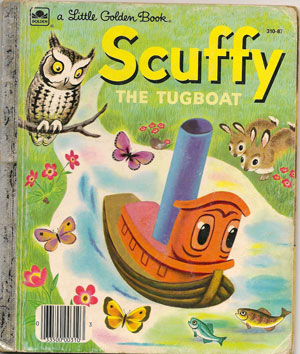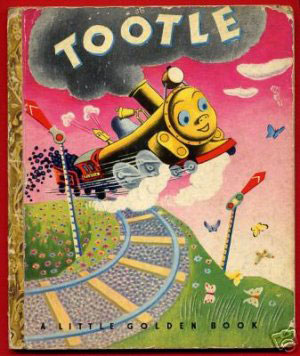50 Shades of Pops
/I KNOW I SHOULD probably create a playlist of high energy tunes for my morning walk--you know to encourage a brisk pace. This morning though, with the player on Shuffle, the first tune in the random draw was "Crying" by Roy Orbison. As I listened I thought, "Get over it Roy! Behind those dark shades she doesn't know you're crying, and probably doesn't care."
Next up was Patsy Cline's, "Crazy."
What is this playlist trying to tell me?
There's a new book out that sounds intriguing: Roy G. Biv: An Exceedingly Surprising Book About Color. Roy G. Biv is a mnemonic device to help us remember the colors of the rainbow. Red, Orange, Yellow, Green, Blue, Indigo and Violet.
But, (here's an excerpt from the book):
That mnemonic, it turns out, isn’t strictly accurate: “Technically speaking, there aren’t seven distinct colors in the rainbow. But Isaac Newton felt pressured to name seven colors to match the seven tones in Descartes’s musical scale, so he shoe-horned indigo in.”
So how about Black, White and Gray? Well, there's the whole total presence of color / total absence of color thing. But let's not get too technical here. And what about the Shades of Gray? I took a look at Sherwin Williams color selections and found way more than 50. Of course, any of us who grew up with B&W TV know that. And we are very comfortable making sense of it. To this day, I find good B&W photography to be way more compelling than Color.
Well, back to that mournful playlist I started my walk with--I will confess right now that as I tread deeper into this second-coming-of-age, there are times I realize I am crazy (in a lovable way) and I will admit that these days I can get dewy-eyed more often than Meg Ryan in Sleepless in Seattle and You've Got Mail put together. But then so can a lot of the old guys I know.
So I've decided to own my new shades of emotion and personality, although I will say, I don't necessarily enjoy them all. It was easier being just a guy with emotions about a half-inch deep. Now my shades run deeper and sometimes darker. The problem with having more feelings is they get hurt more often. But I'm finding it's a small price to pay because on the other end, in the brighter shades of gray, I'm more aware of the subtle joys and blessings along the way.
Maybe I should have titled this post: From 5 to 50 and Growing--The Shades of Aging. But who would have clicked to read that?! Better to use the 50 Shades title because they thought it might have something to do with the book.
To me one of the saddest things that happens to us humans as we age is that we try to eliminate all shades of gray. Everything, we think, must be Black or White--our political views, our religion, our world view. So we become more narrow-minded, more dogmatic, and just meaner.
Call me Crazy, but I don't want to be that way.
The color of truth is gray. --― André Gide
Speaking of that book: Yes, I did read it (don't judge me), just the first one (of the three). It was repulsive and a poorly told story. Any book that ends with a girl caught in emotional angst because she is looking forlornly at a half-deflated balloon of a helicopter some self-obsessed wacko gave her, is a poorly told story. They only thing that would have made it more ridiculous is if she had been wearying an air-brushed t-shirt he bought for her at the State Fair. I finished it because I don't tolerate people who criticize books or movies that they have not read or watched in their entirety. And that is not a recommendation to watch the forthcoming movie of the same name or to read the book.
Gray hair is God's graffiti. --Bill Cosby
PS: If I could choose one musician to sit in a coffeeshop and listen to for hours it would be Brandi Carlile. She understands how to paint a picture with music. Watch this video of her singing Patsy's song and notice all of the colors of tone and expression that she shows us.






